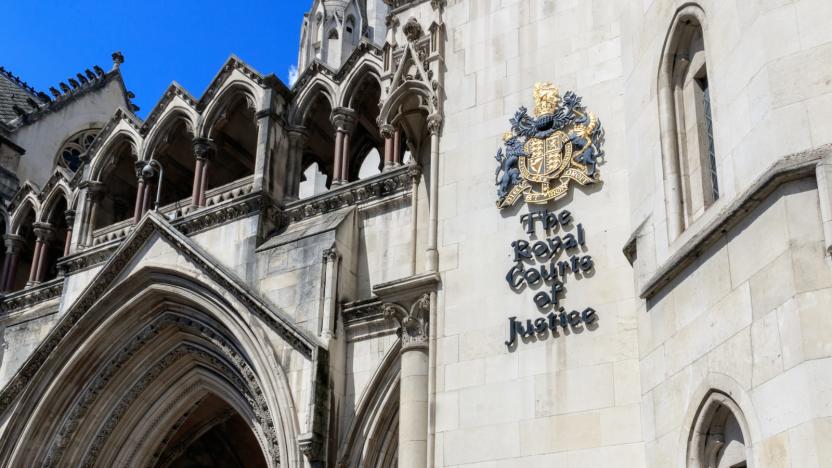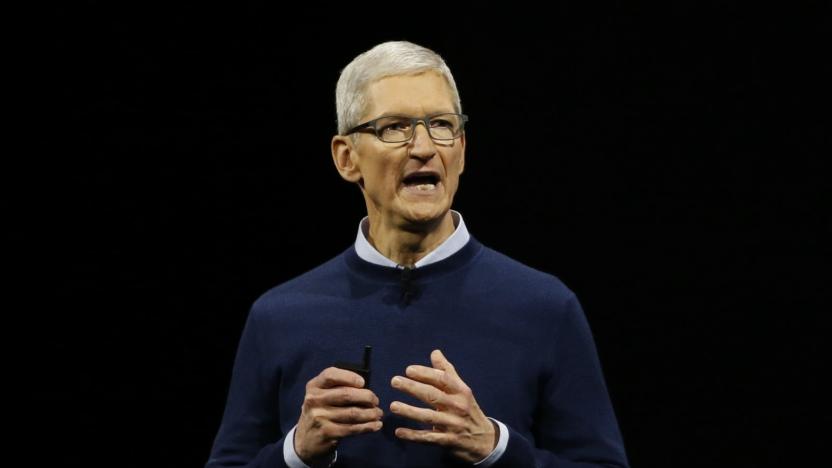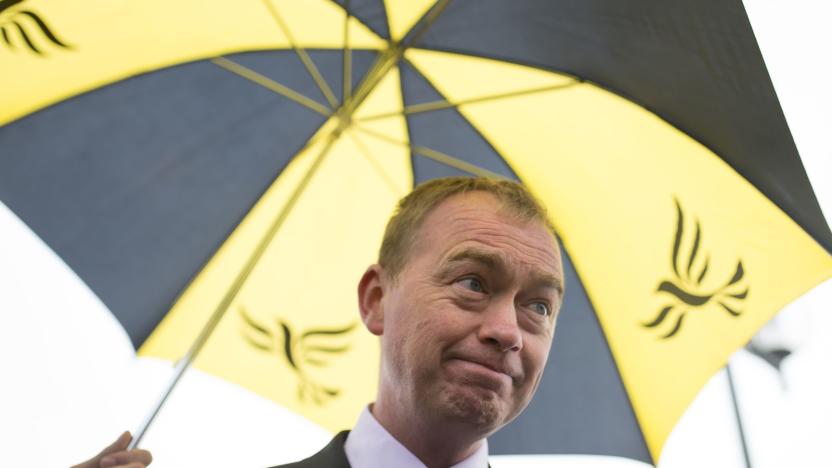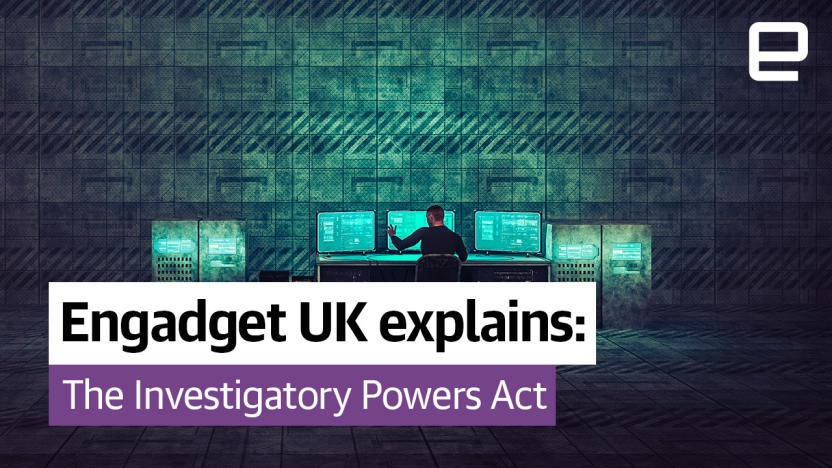ipact
Latest

Court ruling will force UK to limit its surveillance powers
The UK government is definitely going to have to make some significant changes to its digital surveillance regime after the Court of Appeal today ruled various snooping powers unlawful. Specifically, the court said that communications data -- the who, when, where and how of a conversation, but not the content -- must only be accessed for the purposes of "fighting serious crime." Furthermore, the state must not look at data before first receiving the approval of a court or independent body. Unfortunately for the government, the Investigatory Powers Act (IP Act) that became law in late 2016 doesn't comply with these rules of thumb, so it looks like there's no other option but to make some serious amendments.

Apple is assisting the UK in terror investigations
Apple chief executive Tim Cook has confirmed his company is working with UK authorities as part of their investigations into terrorist incidents. In an interview with Bloomberg, Cook said Apple was cooperating "not only in law enforcement kind of matters, but on some of the attacks." He stressed that he "cannot speak on detail," given some investigations are active, but mentioned that "in cases when we have information and they have gone through the lawful process, we don't just give it but we do it very promptly."

Lib Dems vow to roll back UK surveillance powers if elected
The Liberal Democrats will roll back "Orwellian" surveillance powers should they be elected in June. As the Guardian reports, the UK political party thinks the newly introduced Investigatory Powers Act (IP Act) goes too far and represents a "full frontal assault" on British citizens' rights. "It is [the] pre-internet equivalent of hiring a private investigator to follow every person in the UK and record their movements, on the grounds that it may be useful at some point in the next year," the party said in a statement.

EU court ruling could derail the UK's new surveillance law
The Investigatory Powers Act became the UK government's new digital surveillance law less than a month ago, but it appears it's already been deemed unfit for purpose. The EU Court of Justice today delivered its verdict on a long-running case concerning the legality of surveillance measures. It ruled that while the targeted retention of data for the purpose of combating serious crime is permissible, "indiscriminate" data collection is incompatible with EU human rights law. "Such national legislation therefore exceeds the limits of what is strictly necessary and cannot be considered to be justified within a democratic society," the court said.

The Investigatory Powers Act explained
When Edward Snowden dragged digital surveillance into the spotlight a few years ago, many inconvenient truths were revealed about the UK government's snooping capabilities. But once the initial media and public uproar petered out, you could argue the leaks worked in the government's favour. It gave the Home Office a platform to admit various secretive surveillance powers, and update the law to protect them. That came with the Investigatory Powers Bill, a piece of legislation designed to consolidate and give transparency to existing surveillance powers, as well as introducing new ones entirely. And as of November 29th, the bill passed the final hurdle of royal assent, at which point it became law. try{document.getElementById("aol-cms-player-2").style.display="none";}catch(e){}

